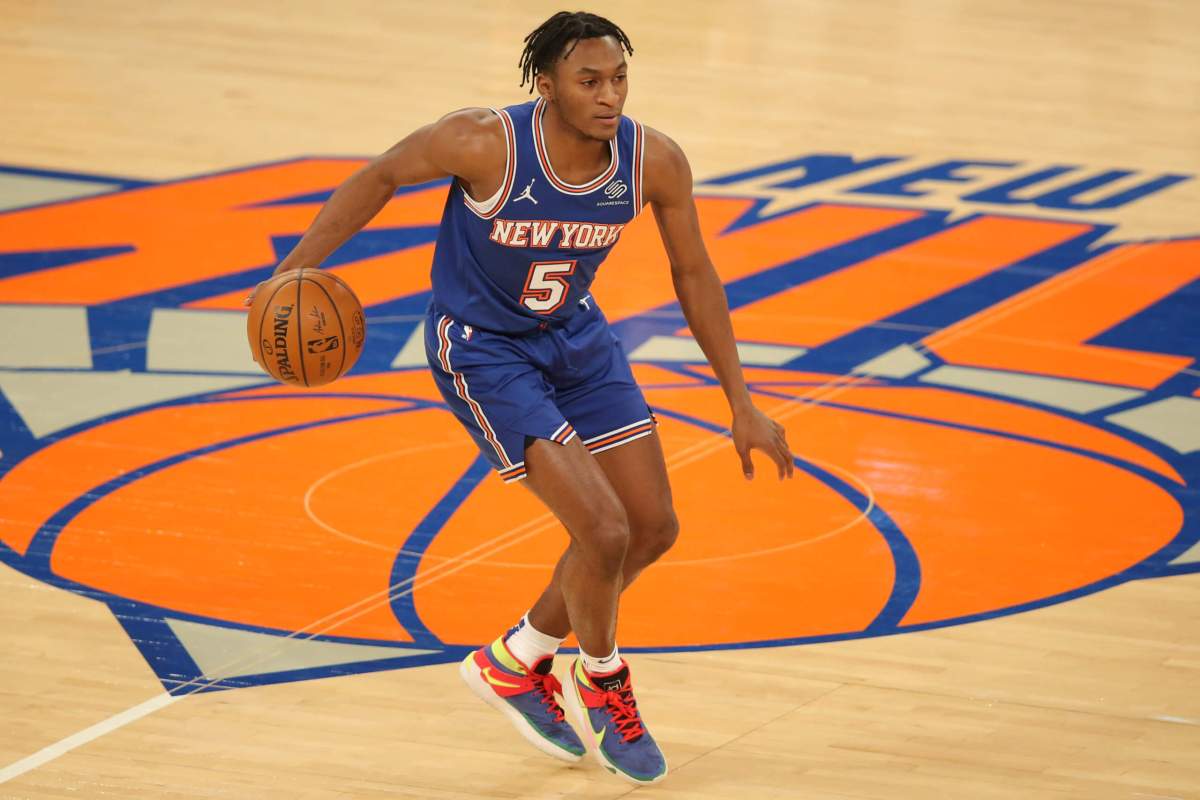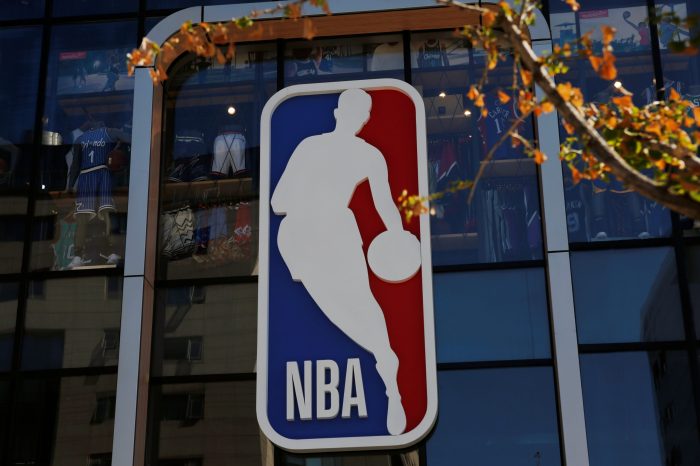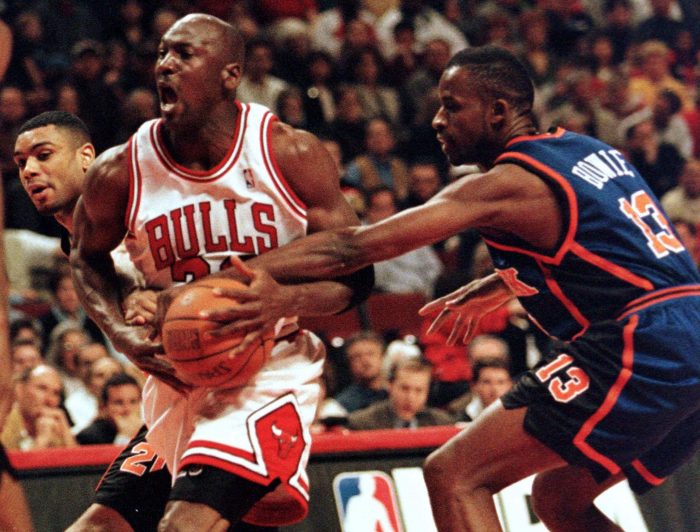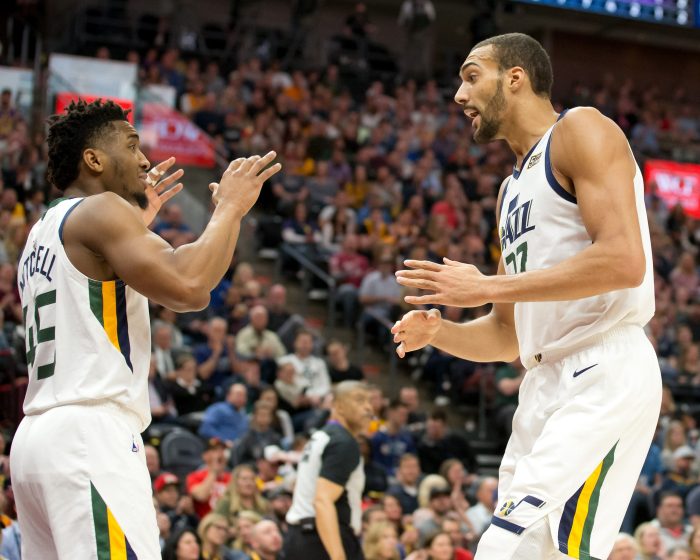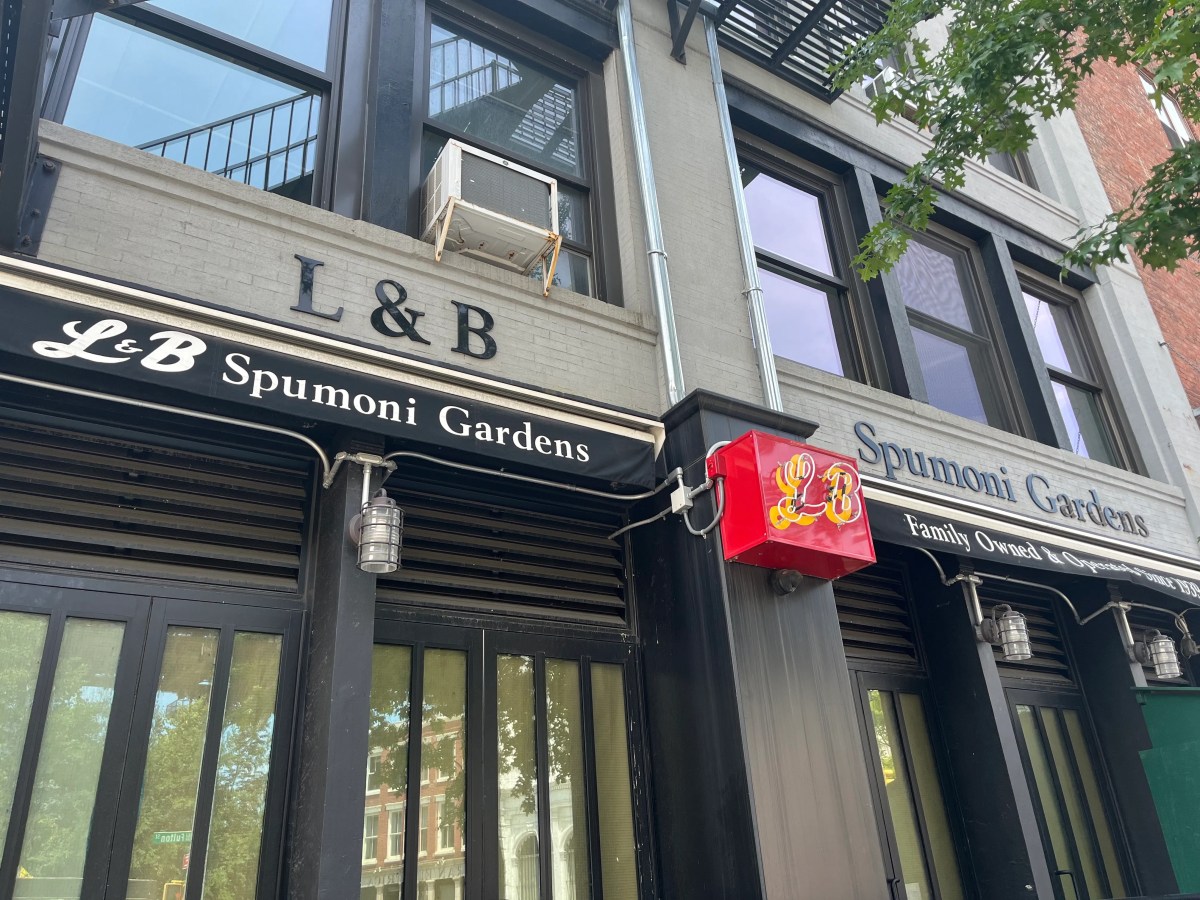The Knicks are exceeding all expectations this year, with Tom Thibodeau deserving much of the credit as he helps change the culture of the franchise in his first year as head coach.
A largely unchanged roster is 11-14 through their first 25 games of the season compared to a team that went 4-18 in their first 22 under David Fizdale last season, resulting in his dismissal.
This is the most competent the Knicks have looked in at least seven years — a clear vision being set forth from the top by president Leon Rose and trickling down to an organization that is finally prioritizing youth to spark a rebuild. And the pieces are already there.
Julius Randle is putting together an All-Star as the team’s go-to veteran presence at just 26 years old, averaging 22.7 points, 11 rebounds, and six assists per game.
RJ Barrett, at just 20, is starting to make considerable strides toward being an efficient, consistent scorer in the NBA — although he was limited to just three points in 19 minutes during Sunday’s loss to the Miami Heat.
Mitchell Robinson is 22 and so is Obi Toppin and Frank Ntilikina. Immanuel Quickley is 21 and looking like the steal of the 2020 NBA Draft as the 25th overall pick has revitalized a dormant Knicks backcourt coming off the bench. So is Kevin Knox.
Yet Thibodeau, especially of late, is opting to play veterans over the youngsters despite the clear plan of bringing the Knicks back to relevance, especially in the backcourt.
In a winnable game against the Chicago Bulls — which they lost by six on Sunday — Thibodeau continued to roll with Elfrid Payton, Austin Rivers, and Reggie Bullock rather than give Quickley or the struggling Barrett more time.
Payton played 30 minutes, shot just 3-of-12 from the floor for seven points with five assists, and was a -9. Of the 238 players in the NBA this season to attempt at least 100 shots, he is the only one who has shot under 45% from the field, under 25% from three-point range, and under 70% from the free-throw line.
The disparity in playing time has been especially telling over the last two games as Payton played 66 minutes and was a -3 while Quickley — who averages just under 19 minutes per game this season — played 29 minutes and was still a +8.
The presence of Rivers only makes it more difficult for Thibodeau to get Quickley on the floor as the 28-year-old is averaging 8.1 points in 23 minutes per game. This despite Quickley posting more points in fewer minutes per game and possessing the best plus-minus per 100 possessions between the three of them.
Now, the Knicks’ acquisition of Derrick Rose from the Detroit Pistons creates immediate and further questions of just how much playing time Quickley will get with yet another veteran point guard that is a favorite of Thibodeau’s from their time together in Chicago.
But the Knicks might not be done wheeling and dealing this offseason, which creates the hope that Quickley will find himself in a better situation within the backcourt.
ESPN’s Adrian Wojnarowski noted that Rivers is “likely to become a player whom contenders seek in trade talks,” as the NBA’s trade deadline approaches on March 25 considering he is a depth option for contending backcourt that can shoot it from deep.
It’s expected that Rivers’ minutes will decrease upon the arrival of Rose and that the latter should take a bulk of the minutes from Payton, too, making him the third option. Quickley would then be the immediate backup to Rose and learn under a player that once had a Hall-of-Fame trajectory before injuries derailed his career.



